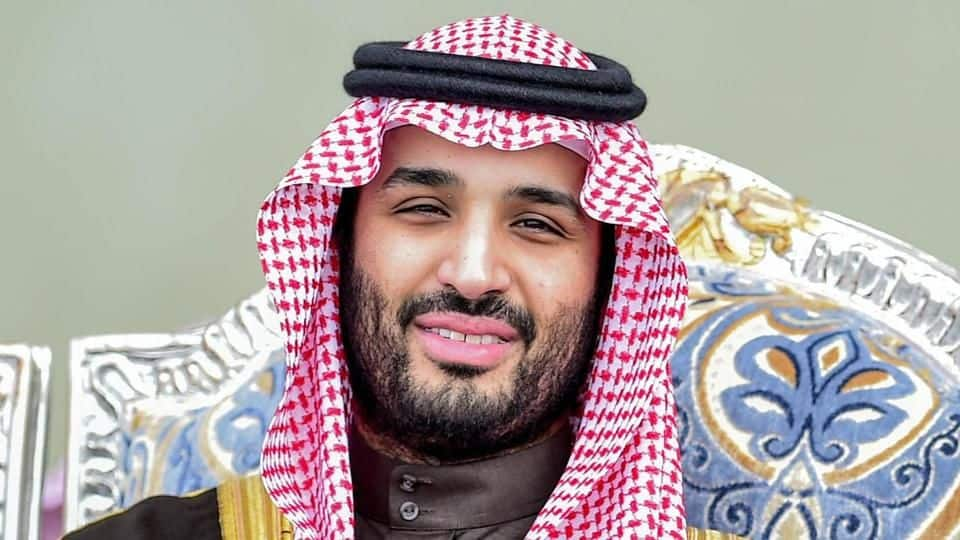
#SaudiPurge: What Crown-Prince Salman's actions mean for Saudi-Arabia
What's the story
Earlier this week, Saudi Crown Prince Mohammad bin Salman launched a sweeping anti-corruption campaign which witnessed the detention of 11 princes, four sitting ministers, and dozens of former ministers. In effect, his actions have fundamentally changed the political structure of Saudi Arabia that has existed since the 1960s. Do Prince Salman's actions constitute a purge or a coup? We explain.
Political structure
What Saudi Arabia's political structure was
Since the 1960s, Saudi Arabia has practised a form of consensus rule between former King Abdulaziz's sons and their families, who each controlled one powerful element/ministry of the state. This system of governance is considered somewhat prime-ministerial than presidential. The king has served as prime minister while the crown prince has served as deputy prime minister. Other senior princes have held various ministerial positions.
Consolidation
How Crown Prince Salman has gradually consolidated power
Prince Salman ascended the Saudi throne following King Abdullah's death in 2015. In July 2016, King Salman replaced his nephew Mohammed bin Nayef with his son Mohammed bin Salman as crown prince. This effectively ended the Nayef family's control over the powerful interior ministry. Crown Prince Salman retained control over the defense ministry.
Situation now
King Salman and his son control all three power ministries
The recent anti-corruption purge saw the removal of King Abdullah's son Prince Miteb's as the head of the powerful National Guard. With this, Crown Prince Mohammad bin Salman effectively gained control over three powerful ministries, i.e. defense, interior and the National Guard. The purge of various lower level ministers and power brokers have further helped the crown prince and King Salman consolidate power.
Conclusion
Has Crown Prince Salman committed a coup?
The traditional political structure of consensus rule was created in Saudi Arabia to ensure no one within the larger royal family gained too much power. However, Crown Prince Salman's gradual purge of various princes and ministers under the aegis of an anti-corruption campaign, and his usurpation of key ministries indicates a shift towards authoritarianism.